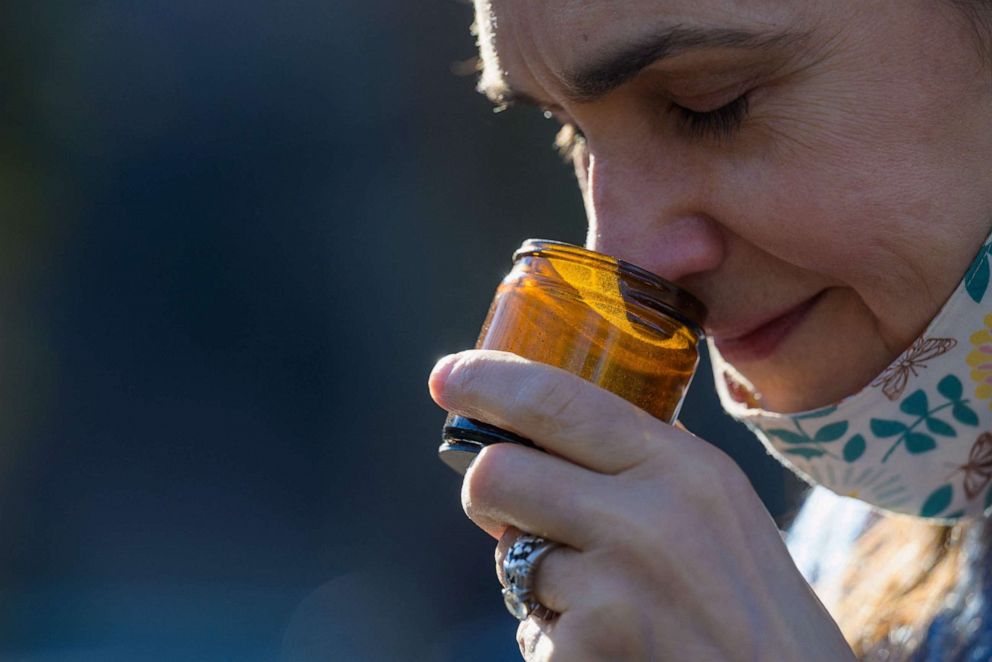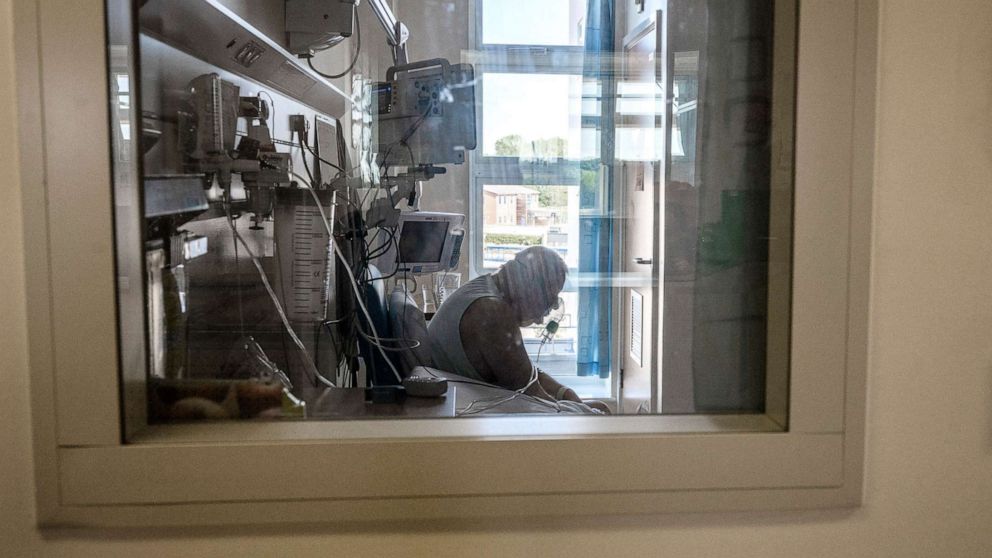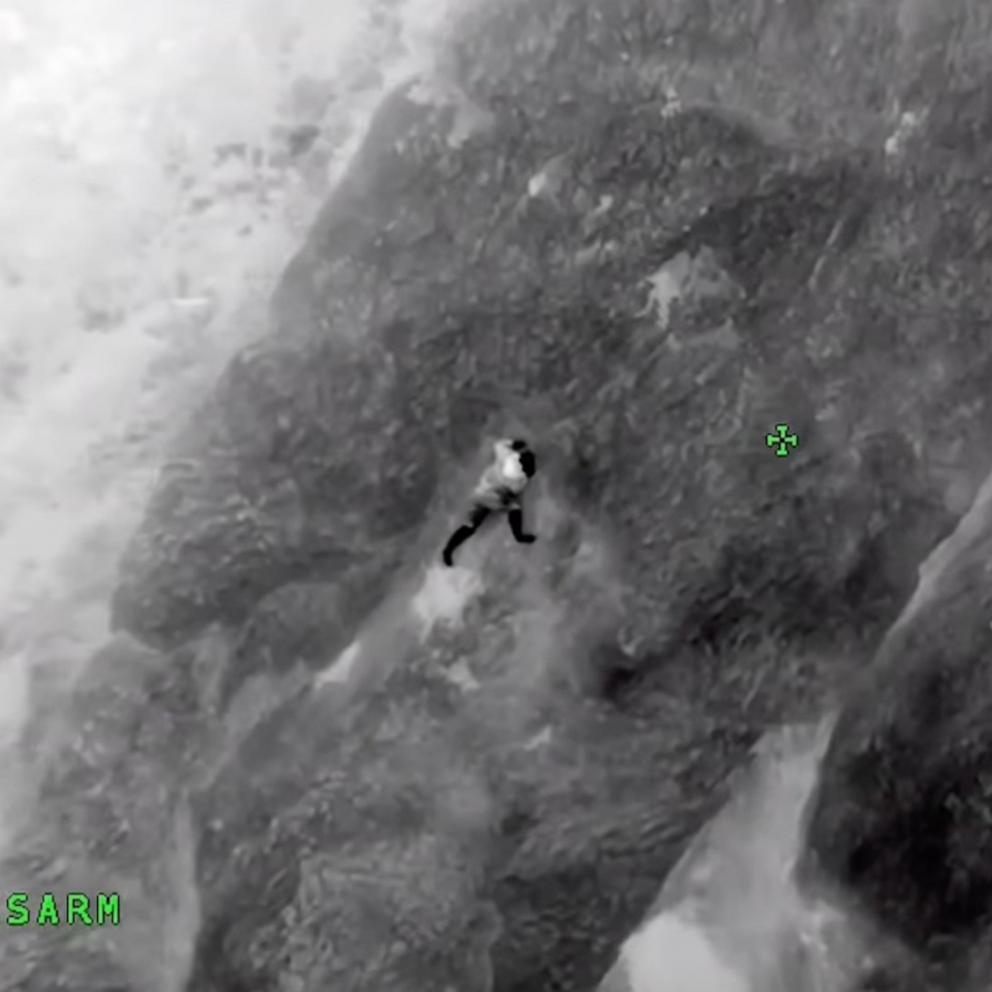COVID-19 infections linked to brain damage, studies find
Two studies published Monday show how COVID-19 infection is associated with higher rates of brain tissue abnormalities.
These effects were subtle and it's possible many of the people who experience them will heal on their own without medical intervention. But these findings could help explain the cognitive decline experienced by some COVID-19 survivors.
Because the studies evaluated patients who became sick with COVID-19 before vaccines were widely available, it's not clear if this tissue damage happens among vaccinated people. Experts are hopeful vaccines would offer some protection against neurological damage, as they do help reduce the risk of other types of tissue damage.
The first study, published Monday in the journal Nature, looked at more than 400 people ages 51 to 81 who tested positive for COVID-19 from the U.K. Biobank study, comparing MRI scans taken prior to infection against those taken an average of five months after infection.
Researchers from the University of Oxford found that even people with mild COVID-19 symptoms had signs of slightly reduced brain size and subtle tissue damage — especially in the region of the brain associated with sense of smell.
“The fact that this study demonstrates a loss in brain volume over several months is concerning and could imply accelerated brain aging,” said Dr. Leah Croll, a vascular neurology fellow at New York University Langone Health.
Added Croll, “We need more time to understand what this actually means for patients. There is not enough meaningful clinical data here to know if the imaging findings truly match up with changes in cognitive functioning.”
The second study, published in Neurology, found evidence of damaged neurons and glial cells, which are fundamental cells in the brain.
Researchers from Northwestern Medicine studied 64 people, some of whom had been hospitalized with COVID-19, and others who hadn’t been hospitalized but later experienced long-haul symptoms.

They didn’t use MRIs, but rather looked for biomarkers, or molecular signatures, of brain damage.
“There were two markers of brain damage, or rather a marker of direct damage to nerve cells and another marker that indicates there is increased inflammation in the central nervous system or brain itself," said Dr. Barbara Hanson, a researcher at the Northwestern Medicine Neurology COVID-19 research lab, speaking at a Monday press conference.
The study found evidence of brain inflammation that correlated with symptoms of anxiety reported by COVID-19 long-hauler patients.
Researchers hope the finding will bring some relief to COVID long-haulers, who often express frustration that their neuropsychiatric symptoms are dismissed.
According to Hanson, about a third of people with COVID-19 develop some form of long-COVID symptoms -- many of them neurological symptoms like decreased memory, headache and dizziness.
Hanson predicted that COVID-19-related neurological symptoms could become even more prevalent in the decade to come.
But two years into the pandemic, it's not clear yet if people will grapple with lifelong symptoms, or if they will eventually heal, experts said.
“It’s too soon for us to know if this damage will last or if people can recover from it over time," Croll said.
Dr. Pooja Sharma is a family medicine resident at Emory University in Atlanta. Sony Salzman is the coordinating producer of ABC's Medical Unit.




